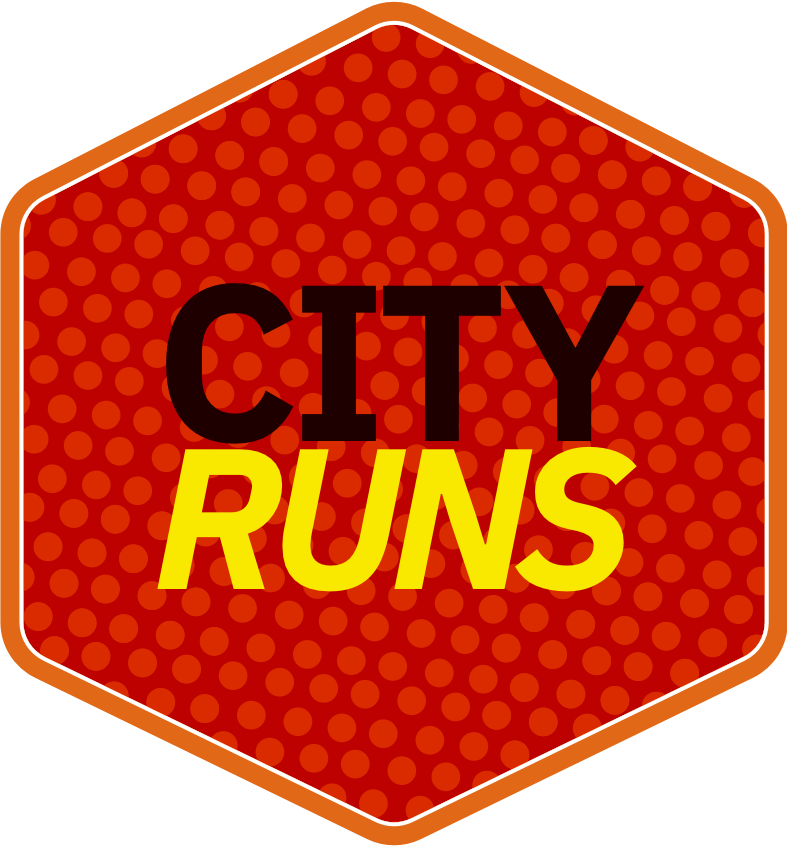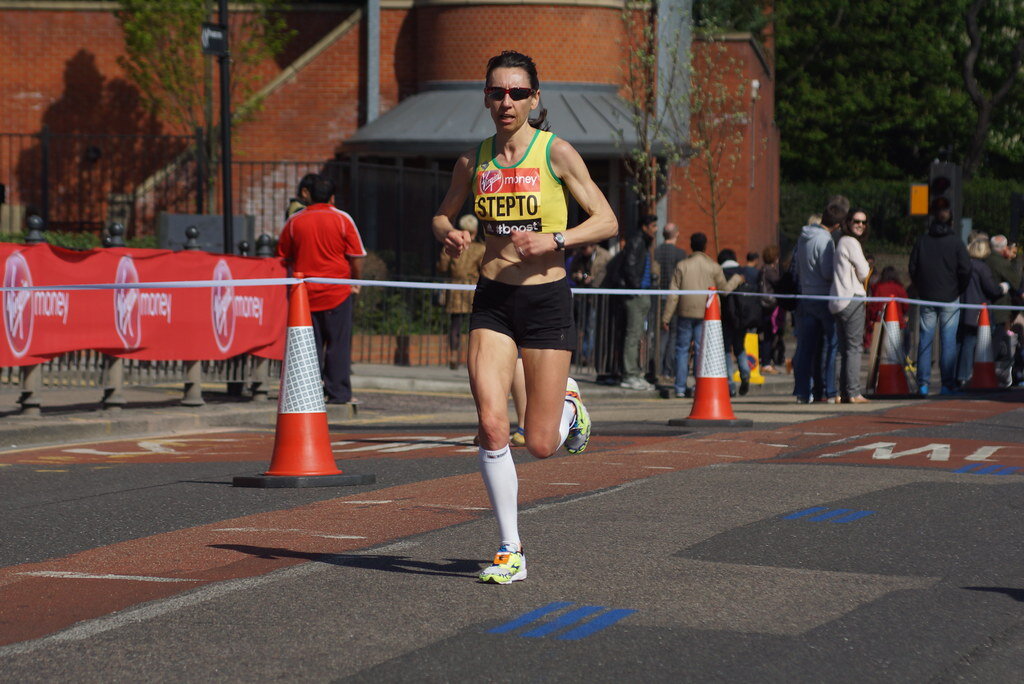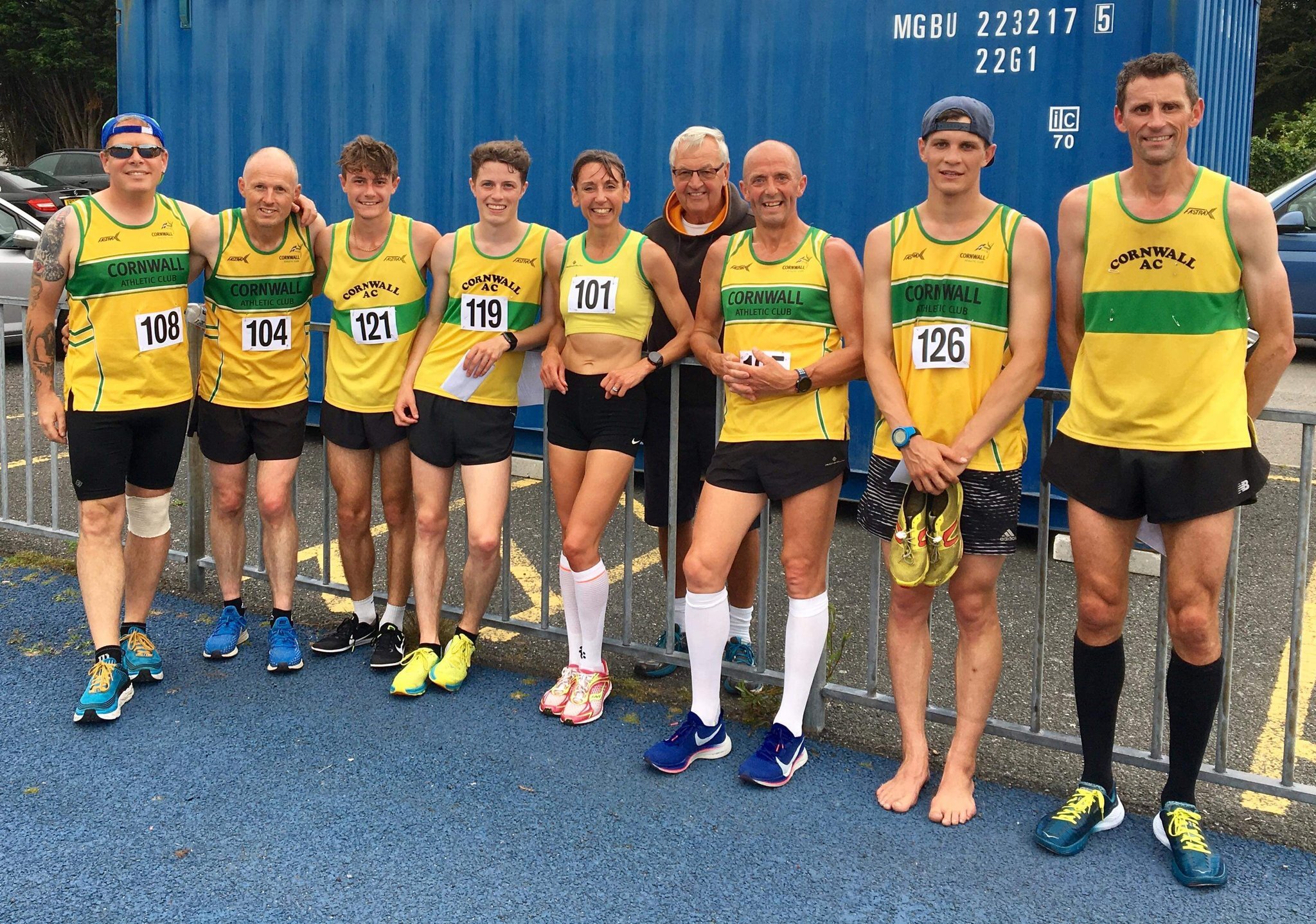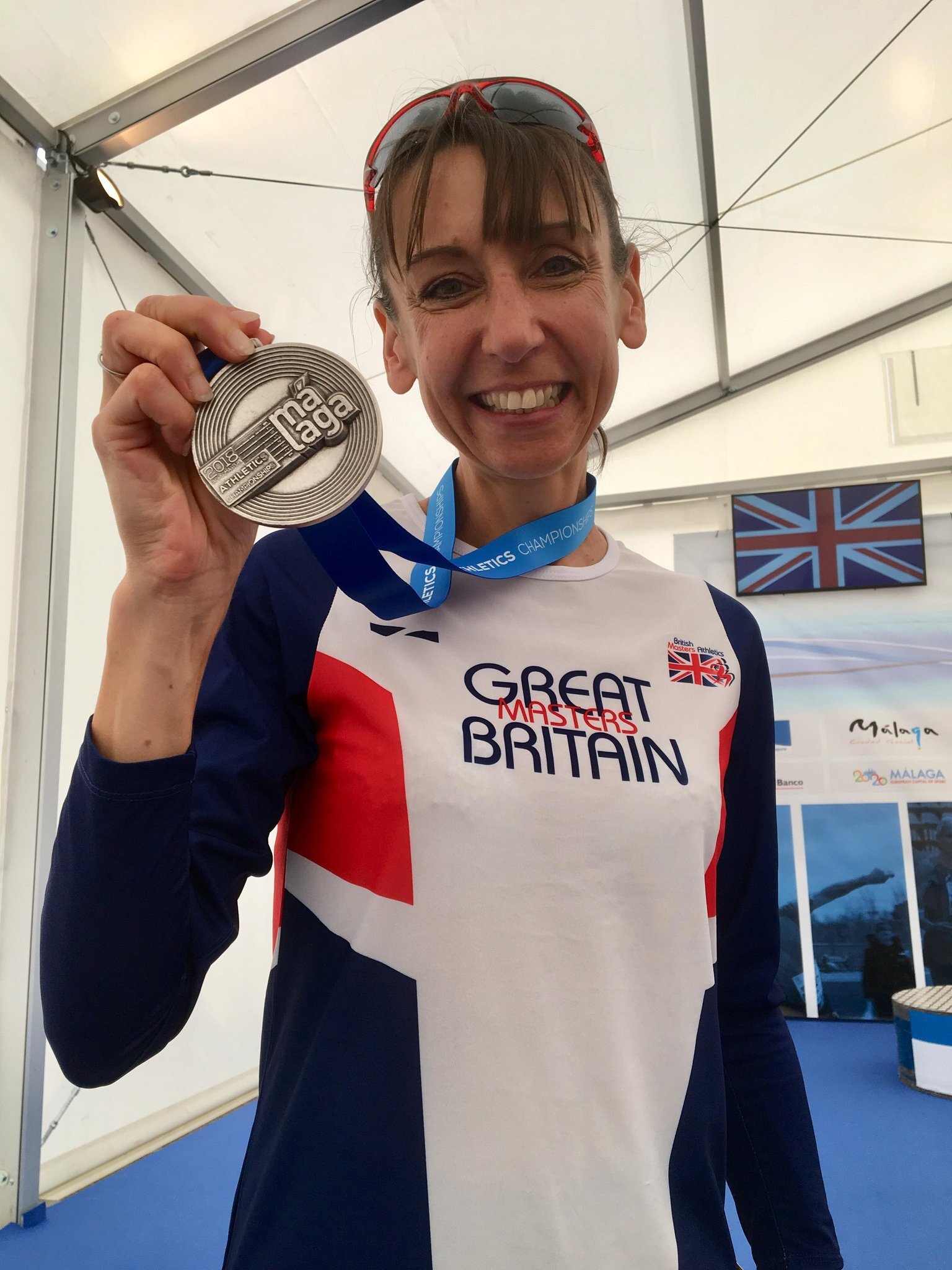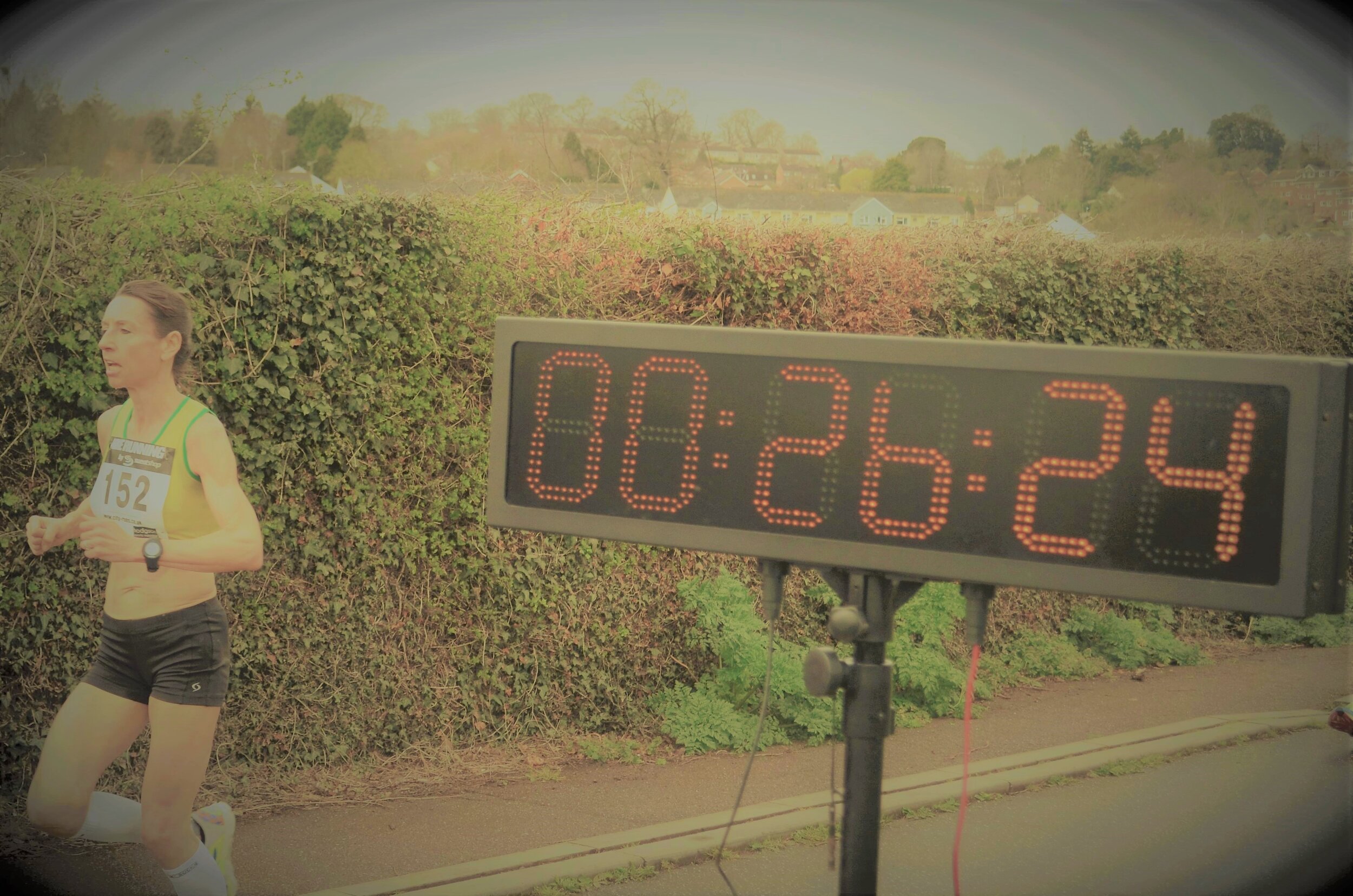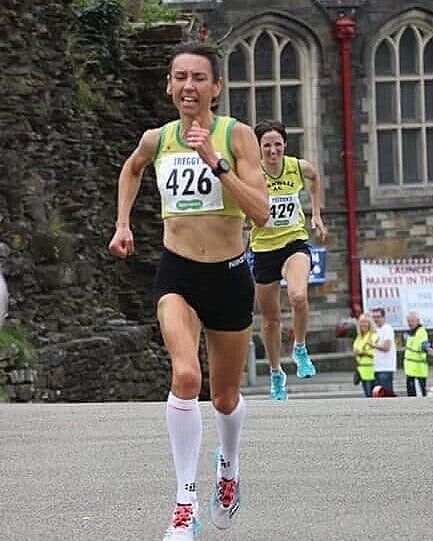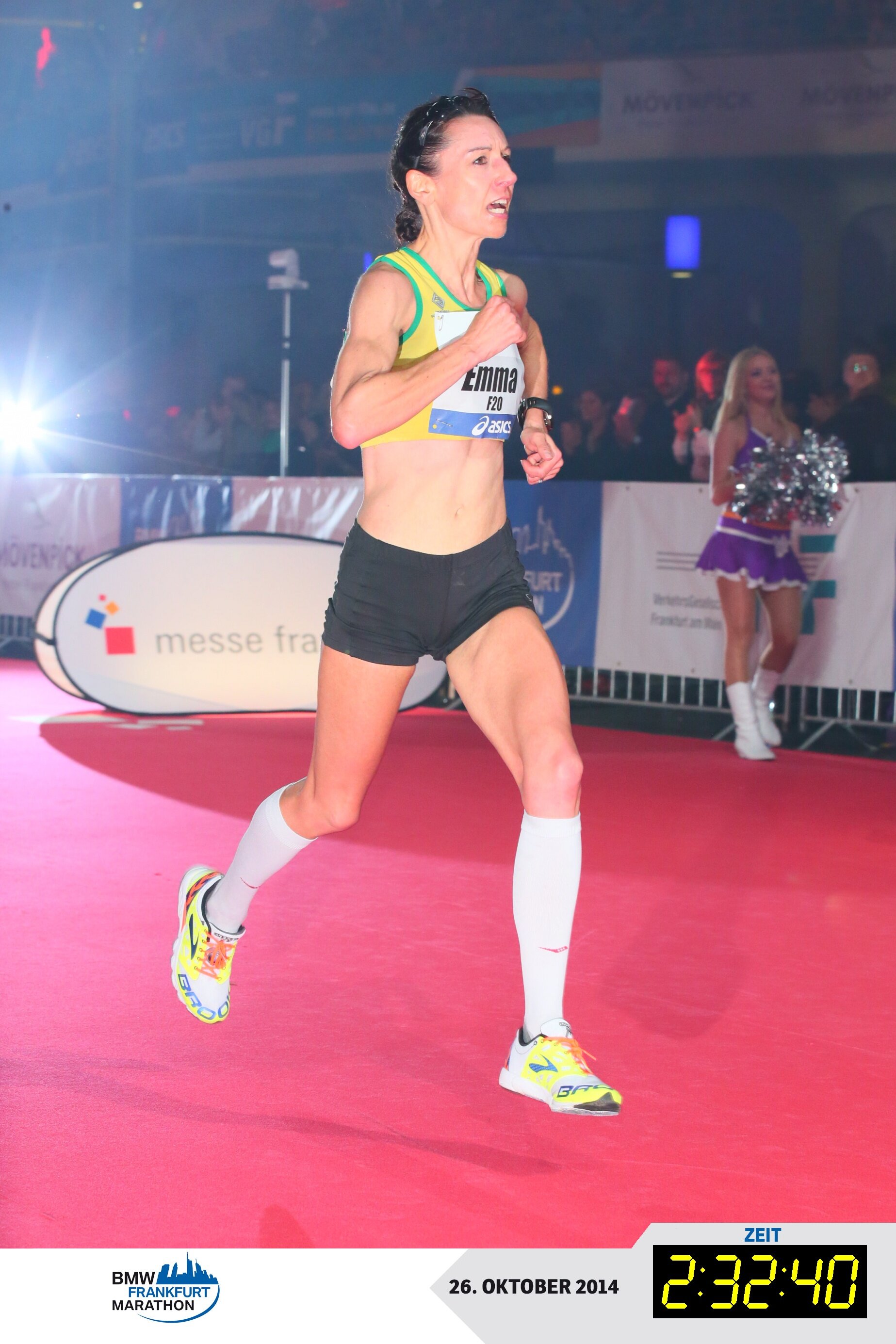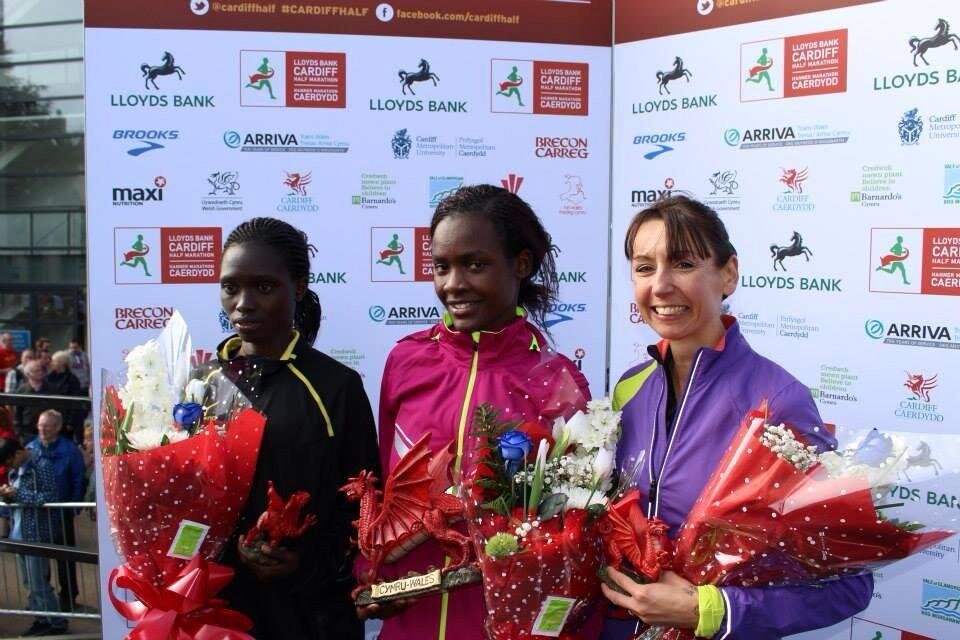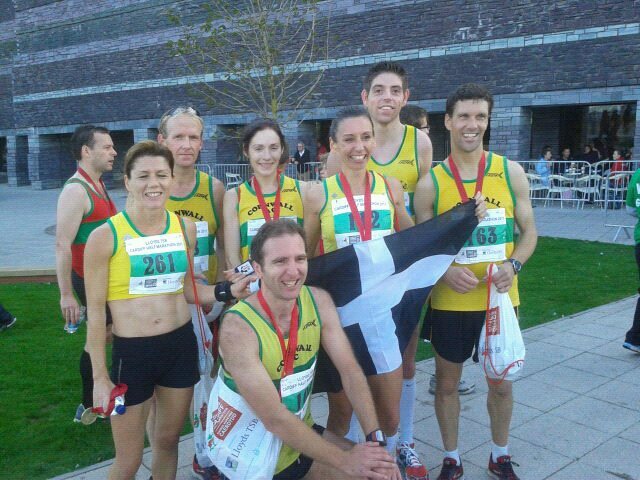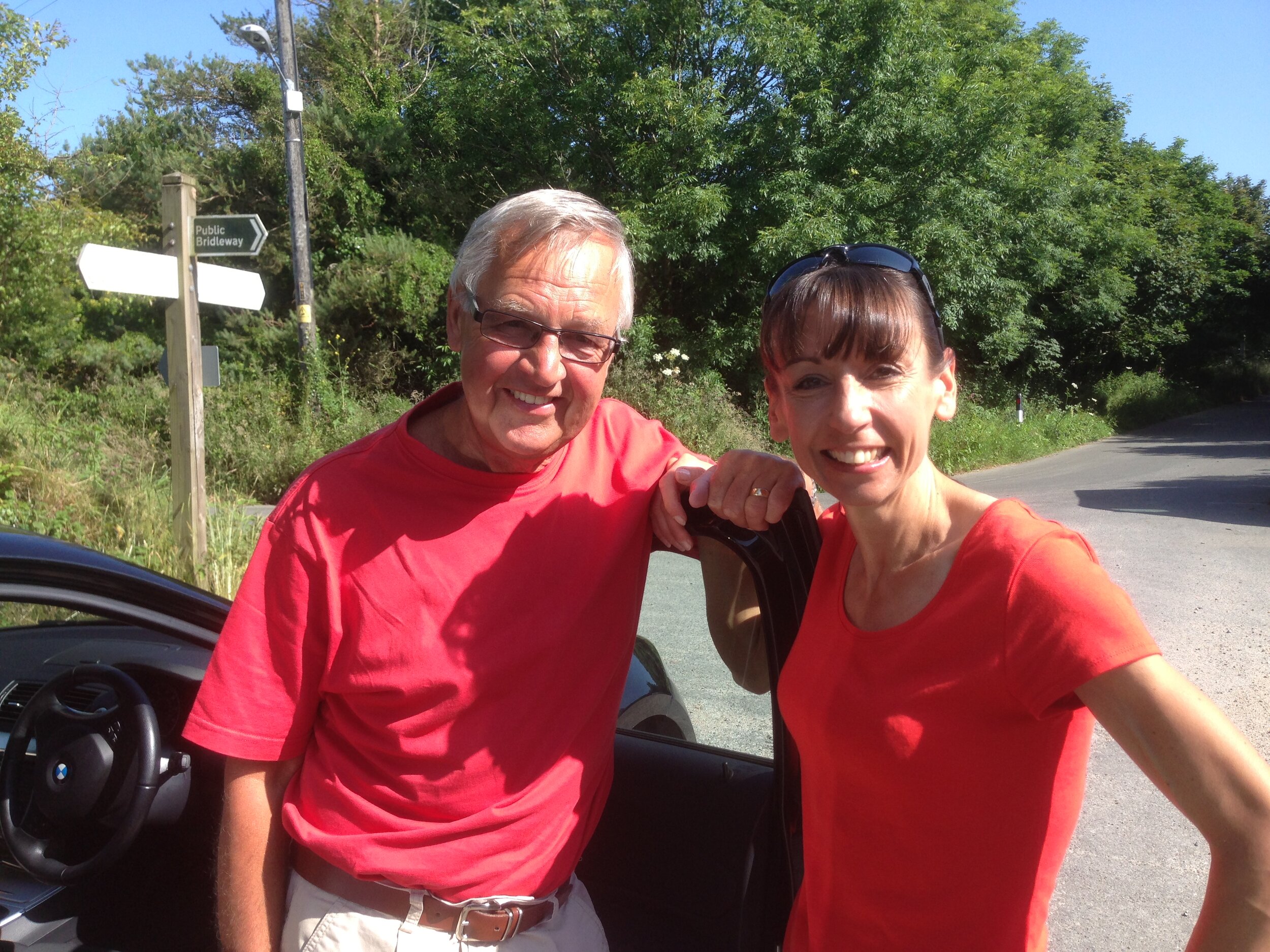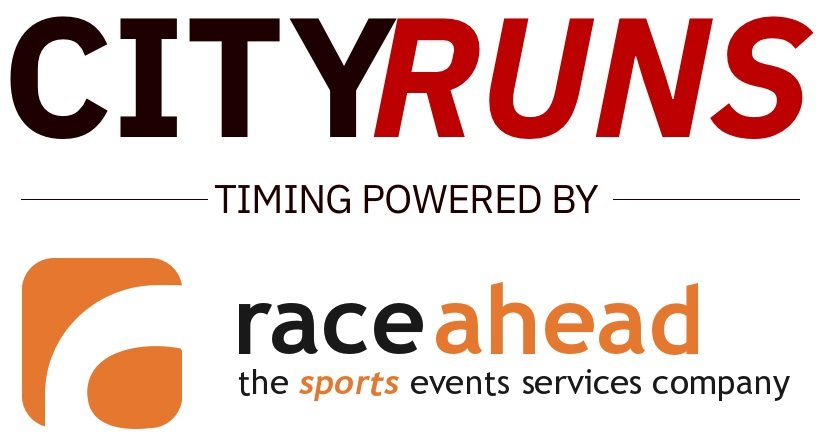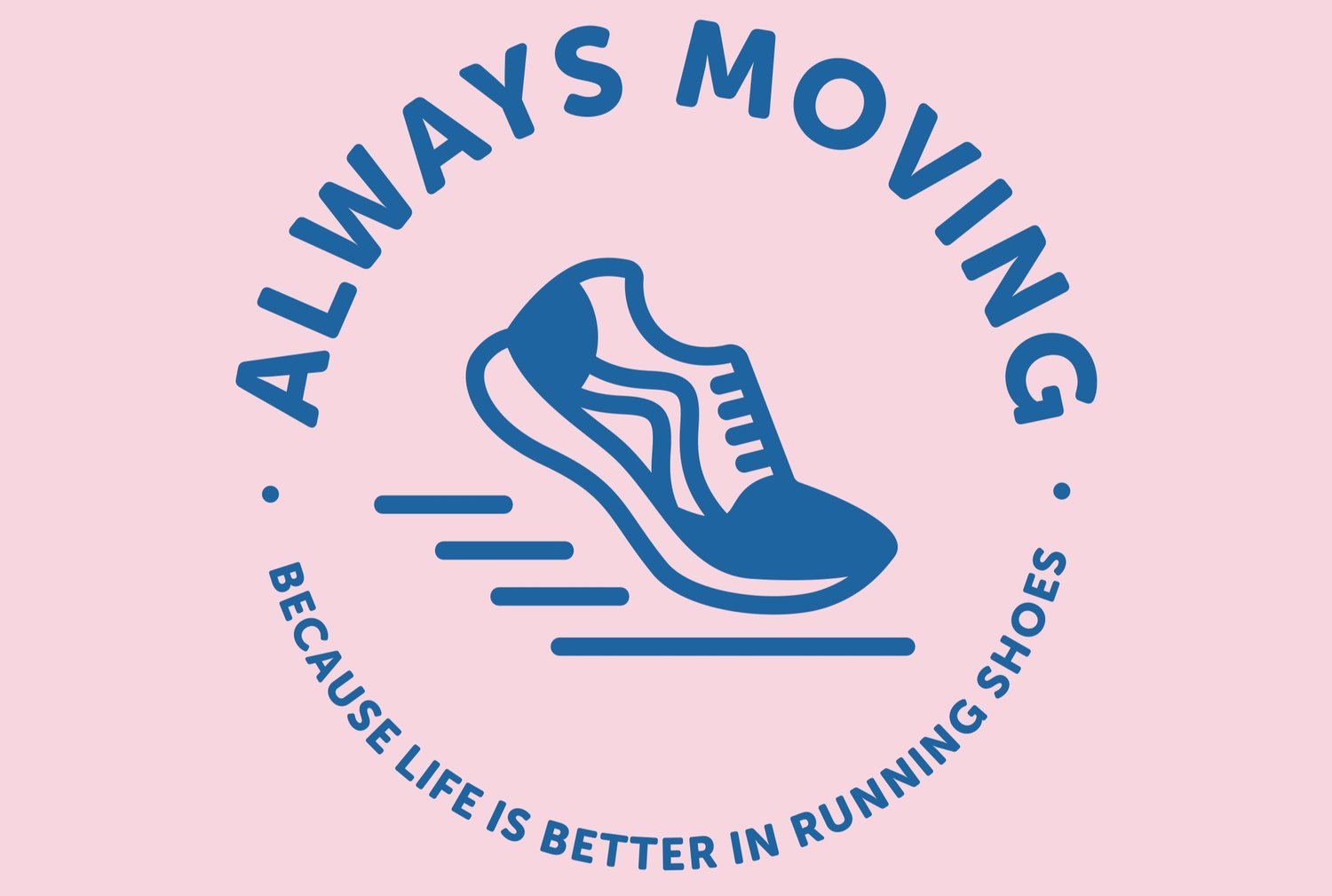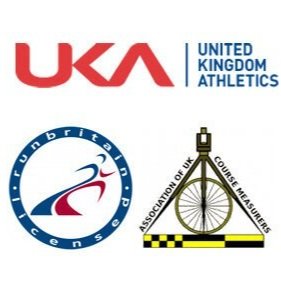Emma Stepto Q&A
Emma Stepto is an international runner and also proud member of local club Cornwall Ac. Emma has had a hugely impressive career and is still going strong, with PB’s; 10k - 33.02, Half Marathon 72.28 and Marathon 2.32.
The idea behind this 10 question interview is to obviously give our community an idea of what goes into running this fast - but more importantly understand that it's all 'relative'! We can all learn from runner's like Emma in terms of their approach and structure of training, all in the pursuit of personal improvement.
Q: Please give us an overview of you're running background? What got you into it, how has you're running developed?
I enjoyed running at school- mainly the 800m/1500m and cross country- but never really took it beyond PE lessons, as I was so involved doing a whole range of sports. I loved any physical activity and always had the urge to master each sport and see how much I could improve. It wasn't until my early 30's that I got specifically into running and with more dedicated focus- it was thanks to the Race for Life events initially! I then trained for a Half Marathon and shortly after completing it moved back to Cornwall and joined Cornwall AC.
From that point on I learnt an enormous amount and began racing regularly, following a training schedule and being coached by Alan Rowling. It took quite a few years to eventually be selected to run for England and take part in International and National races at elite level- but that was a dream time for me. Now I’m adapting my training to cope with getting a bit older and less speedy, and aiming for new (but still just as challenging) targets.
Q: What does a typical training week look like? What would the focus and time of year be?
Usually when not marathon training I do around 60/65 miles per week. That’s 7 days a week running and I double up on running sessions a couple of days a week [when not on Lockdown!].
Key sessions are track night on Tuesdays, tempo run on Thursdays and Park Run or mile reps on Saturdays, long run on Sunday (18). The rest is all easy, relaxed running.
If marathon training, I’d increase the weekly mileage to 80/85 miles. I have found that 85 miles is a tipping point for me- beyond that and I tend to suffer bad injuries. As I work fulltime, I can’t get enough rest and recovery for my body to cope with 100 miles a week! I learnt that the hard way though.
I also [usually!] include 3 or 4 swimming sessions a week, plus some S&C/ flexibility exercises at home.
Summer is focused on track races and developing speed (so a lower weekly training mileage) and Winter is often focused on building endurance and strength for a Spring Marathon, so higher mileage….unfortunately, as it’s the worst weather then!
Q: Favourite session and why?
I really enjoy any session with long tempo intervals (anything from 1000m to 2 mile reps) - as I really enjoy finding the mental focus needed to maintain pace. It takes a lot of focus to find a flow and to learn how your body feels at certain paces- without having to look at your watch. I feel like I’ve worked really hard after doing long intervals, and notice the fitness gains from these sessions. They replicate race scenarios much more than short sprint reps on the track and are much less of an injury risk for me.
Q: Least favourite session and why?
Any continuous track session with varied paces, ie short,fast reps with ‘cruising’/ tempo recoveries. This is just the complete opposite to my favourite session, as it’s constantly breaking that lovely focused flow and sustained tempo. I totally know I need to do these session- to practice changes in pace which are crucial at times in races- but I never feel like I’ve really nailed them. ONE DAY maybe!..?
Q: What strength and conditioning do you do and how often?
I only do a couple of short sessions a week- due to time restraints, so have to really target my weaknesses, rather than trying to do a full S&C programme. It’s mainly core exercises and hip/glute/hamstring strengthening that I can do at home. Incorporating flexibility is also important- more so now than ever. I’ve had invaluable help over the years from physios, so I pick out the exercises that work best for me, from their great advice. I think it’s better to do a few things well and make them count, than try to do everything in a mad rush.
Q: What do you think is key to good recovery and getting the most out of your training?
I think really good nutrition is vital to good recovery and adaption to training. Fresh food and a varied, balanced diet. To my thinking, it’s absolutely your foundation; as your body can only work with what you put in it- ‘you get out what you put in’. If you don’t have the energy to train, you will break down. If you can’t rebuild muscle and keep bones strong and tendons flexible, training will break you down.
It’s a holistic combination of everything- nutrition, sleep, cross training, rest etc. and the harder you are pushing yourself- or the more you want to achieve, the more vital that is. No one thing will be the key.
Getting the most of training is also about the mental side-planning, learning, researching, getting expert advice from coaches/physios and working on sports psychology. Emulating other successful athletes and adapting what they do to your situation. There is so much to do!
Q: What's it like training and racing with Cornwall AC, despite a lot of travelling a club that has always competed in the big national club events?
It’s as much an honor to me now, as it was when I first joined! My first club run- and there was world class athlete Dave Buzza jogging along chatting to us and I was in awe that he would be part of a slow group social run. But having top class athletes to look up to helps you aspire to achieve more yourself.(CAC has had 50 athletes representing their country at International level- across the disciplines!)
Taking part in larger competitions around the country and abroad gives you the chance to compete with an even wider calibre of athletes. I’m so glad CAC doesn’t shy away from the big championships. It would be easy to stay in a local bubble- but improvements comes from taking on new competition and being out of your comfort zone. It is a pretty costly affair mind you- with fuel/ travel and accommodation adding up across the year!
Q: Looking through your [Power 10] you have a lot of very impressive results. Which one(s) are you most proud of? Can you online the race and your build up to it?
I’m lucky I had the most amazing coach who believed in me and made the incredible opportunities I’ve had possible. I wouldn’t ever say I am ‘proud’ of my performances for that reason- because they weren’t just me achieving them- there were so many supportive people who played crucial parts....Alan most of all, but also other coaches, physios, masseurs, kit and shoe suppliers, family, friends and teammates.
My dream race was Cardiff Half Marathon 2014 when I became British HM Champion and finished 3rd- between 4 Kenyan ladies. I was training for Frankfurt Marathon and the whole Summer had gone perfectly- no injuries, really tiptop fitness (there’s so much luck involved in all the elements coming together without a hitch!)
It was so memorable because I was totally in the zone for the whole race at Cardiff. I felt so balanced, full of easy energy and light on my feet. I was completely focused on my pace and really trying to hold back until the 10 mile marker when the tough part kicks in and there is an uphill section. I remember being slightly perplexed why I could see the Kenyan ladies- I thought they must be taking it easy! It just didn’t register that I was probably in the shape of my life.
The last turn into the finishing straight was like running through a kaleidoscope- everything was out of focus, just noise and colours. I knew one of the Kenyans was right behind me and how fast they can kick at the end and I was screaming to myself- “don’t let her past now, don’t lose 3rd place now- SPRINT!!!!”
I have a picture of me taken straight after the finish, tearfully looking up at the sky. I was thanking my late grandparents and brother- as I’d felt they were with me the whole way. I just felt their support and never felt alone. That’s one of the reasons it was my most special race.
Q: What are your goals going forward?
I’d like to target some Vet 50 UK records- they are not easy and some will be slightly more realistic for me to aim for than others. Also I’d like to do a marathon again, as it’s been 5 years since I last did one. I was training really well for London 2020 and then the Coronavirus crisis hit. But it should have given me a good base to build in again later in the year.
I’ll always keep aiming to support and develop our CAC ladies team and want to continue working as the Club Secretary and with other clubs in the Duchy Athletic Network. I’m proud of the running community we have here in in the SW and if I can give back some of the support and encouragement I’ve had over the years, I will be glad to do it!
Q; Finally, what are your top tips for runners of all abilities trying to improve and hit their targets?
Be curious- learn and experiment with what works for you and what you enjoy doing in training and racing. Set targets and sensible stepping stones to get them (even if they seem too ambitious right now, you can roll them over each year and just get gradually closer to them). Don’t limit yourself and definitely get proper coaching from someone you respect and have 100% confidence in. Don’t get overwhelmed by achievement and attainment and forget to love running! X
